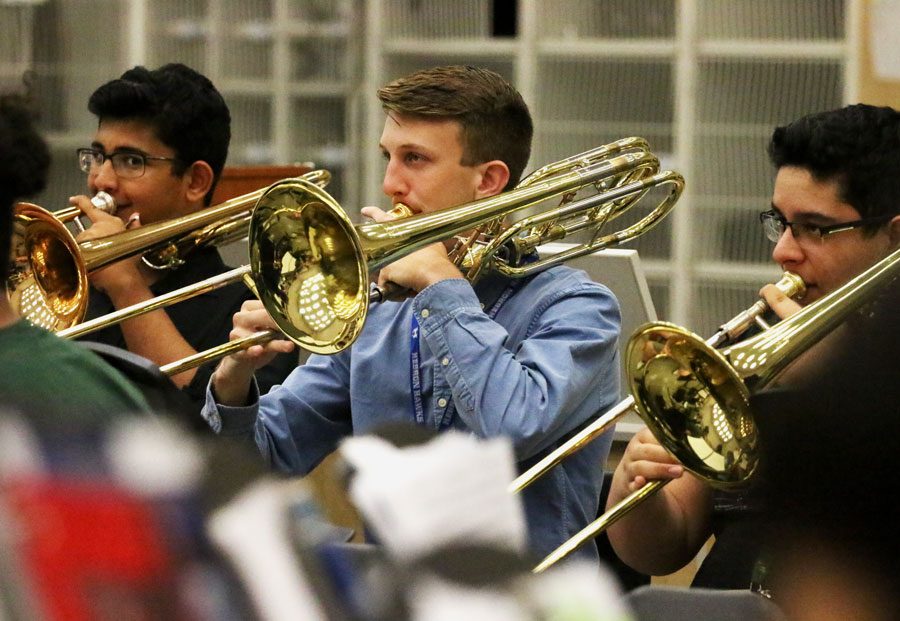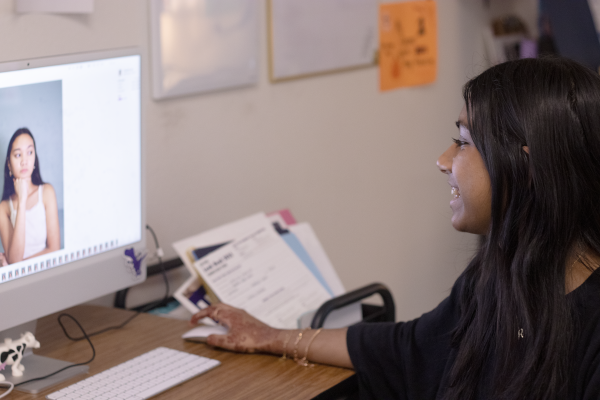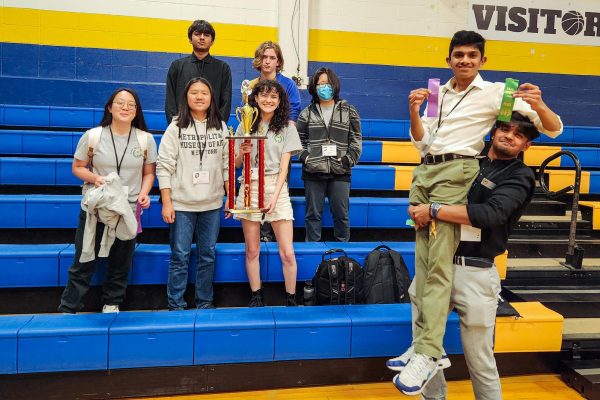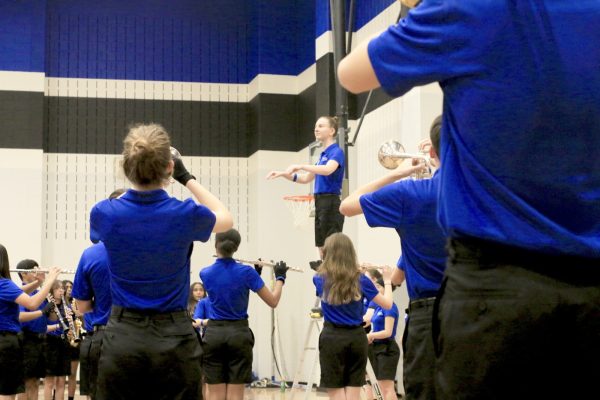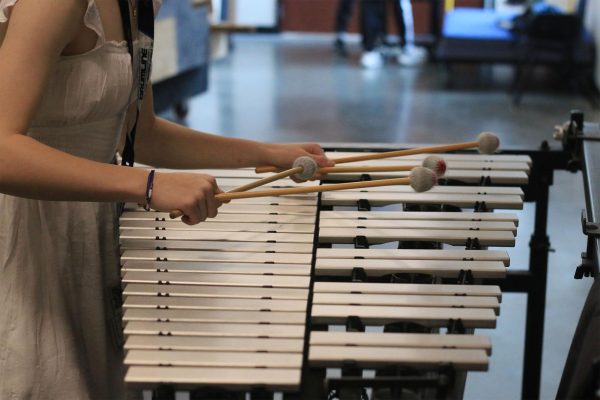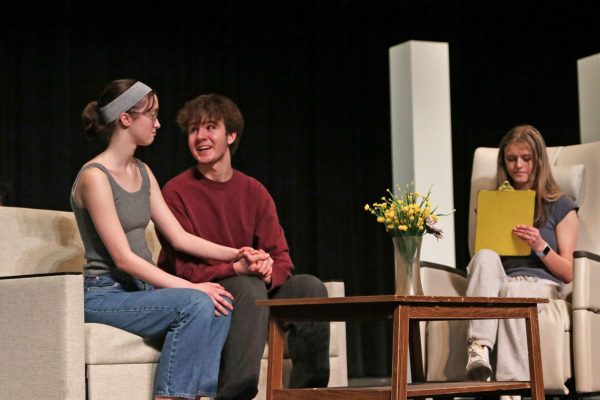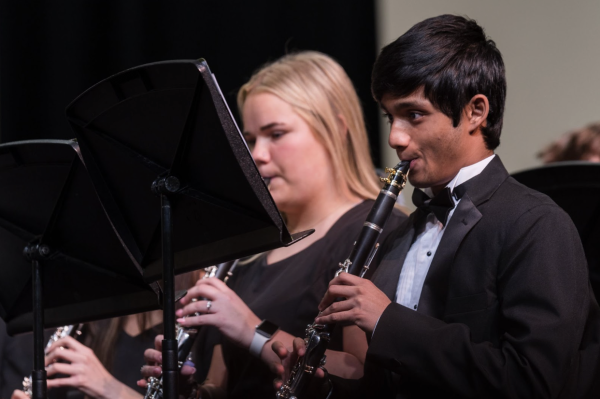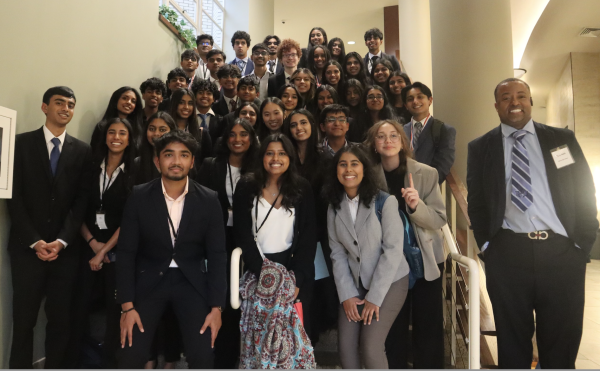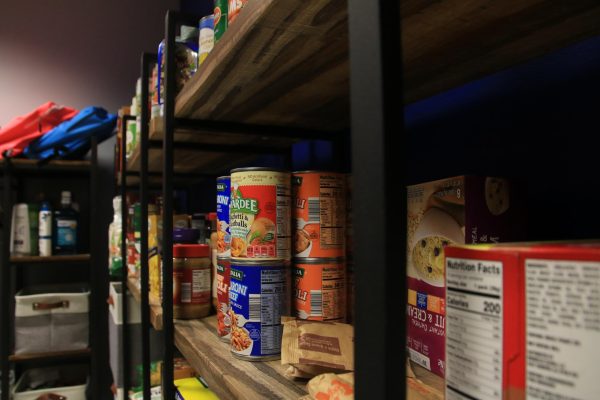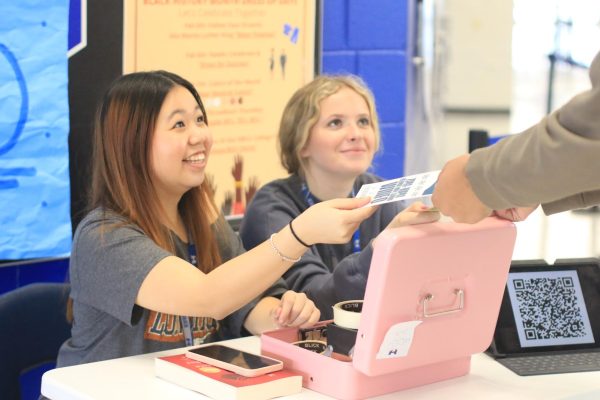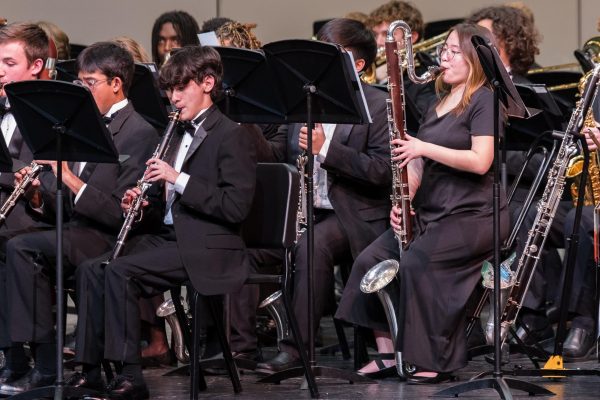Band earns multiple awards at State UIL
Band competed in the State Solo UIL competition on May 26. Thirty-nine students competed in the competition.
“You have to be willing to work very hard as an individual musician at the end of the year,” head band director Andy Sealy said. “Sometimes that’s too much to ask of some kids, and they don’t want to put in that much work at the end of the year. They also have to be financially able to travel and [be able] to pay the piano accompanist.”
In order to qualify to State UIL, you must qualify from the Regional competition which was held in late February. The main difference between Regionals and State is the judging standard, although the rubric for both competitions remains the same. They judge each student’s musicianship and technical facility, their intonation, their pitch center, how they are interacting and collaborating with the piano [accompanist].
“On average, if you make first division at region, you’re going to make a third or fourth division at state,” Sealy said. “They try to [increase] performance expectations quite a bit. Many times, students have to perform from memory and will sometimes play pieces that are six to 12 minutes long. [The judges] are usually very very strict.”
Twenty out of the 39 students who participated at UIL received a silver medal and 15 earned a gold medal. In addition to many students receiving medals, junior Shiwon Hong, who plays the clarinet, and sophomore Andrew Carroll, who plays the bass trombone, were recognized as “Outstanding Soloists” and received an extra medal for their achievement.
“My preparation for UIL began when I chose my solo in December,” Carroll said. “I would come in during block lunch almost every day and focus on one section which I thought needed work, and that section only. Something else that was also very helpful is my private lesson instructor Dr. Wallace. I met with him once a week for a 45-minute session and in that time he really helped me by teaching how to be more musical in my playing. He taught me many lessons but the most important one was learning how to make the music expressive and not just a series of notes.”
Carroll said Sealy’s work ethic has helped him through the competition and has made an impact throughout his band career.
“I will never just practice something half-heartedly,” Carroll said. “I always practice to improve. Kids [often] make the biggest mistake [trying to] practice hours at a time but don’t practice anything worthwhile and think they are doing something good. I don’t practice hours on end. Thirty minutes at block lunch is usually the only time I can practice during the day and because of what I’ve learned from Mr. Sealy, I try to make this time as productive as possible.”

Sophomore Alyssa Abraham is a reporter and this is her first year on staff. She enjoys art, dance and reading in her free time. [email protected]



